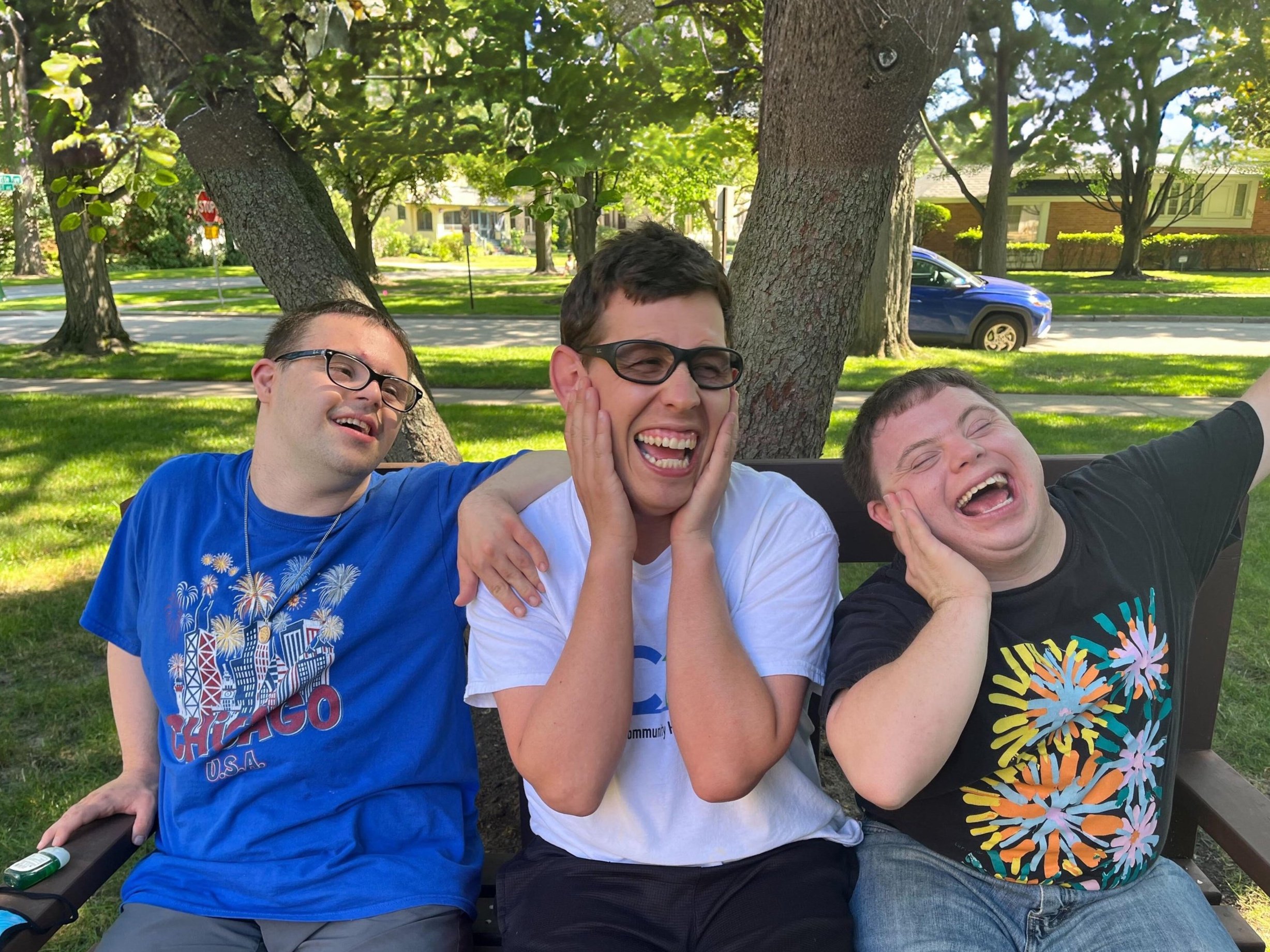
Vision • Mission • History
Our Vision
Our Place started with a simple vision: adults with intellectual and developmental disabilities can be fully contributing members of their home community.
Our Mission
Our mission is to support teens and adults with intellectual and developmental disabilities so that they can live meaningful, productive, socially connected lives in their home community.
Our History
In 2008 this vision and mission were radical ideas. However, a group of parents and community members joined together to realize their vision. They created Our Place with a start-up grant from New Trier Township and donations from families and members of the community.
The primary goal is to ensure that participants develop a variety of relationships, build the skills, and gain the experiences they need to be fully contributing members of their community. And have fun while doing it.
Being in the center of town was and is a priority. Programs are run from a historic building in the heart of Wilmette, but the real program site is the community. More than half of the activities offered are in the community, alongside neighbors.
What makes Our Place different?
Making the community stronger:





